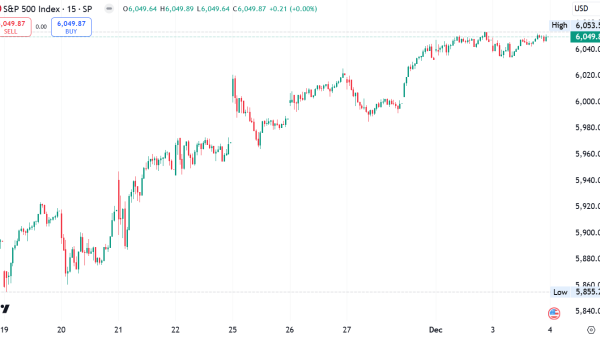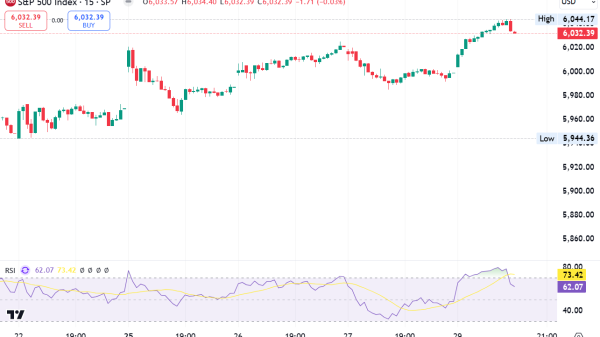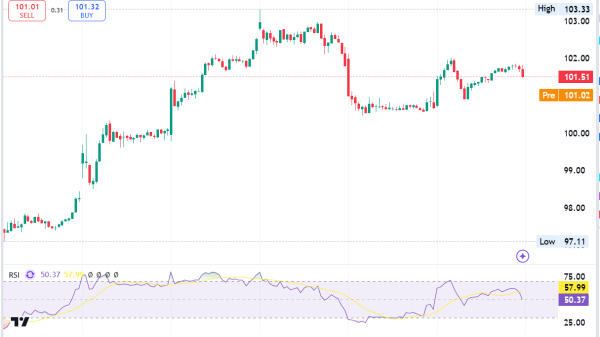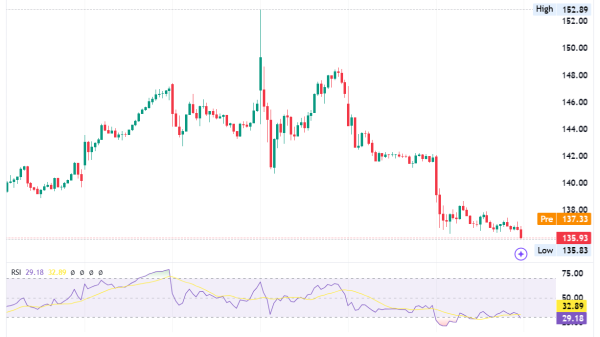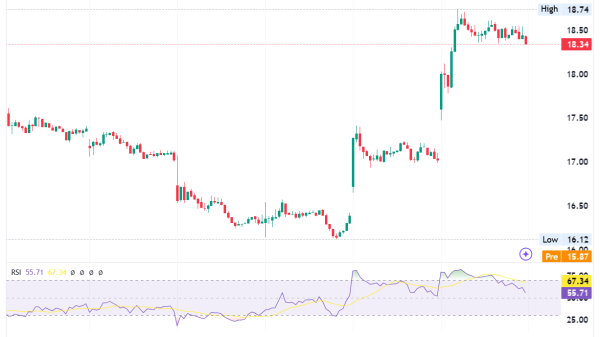Navigating Crypto Taxes in the UK: Your 2024 Guide
In the United Kingdom, cryptocurrencies are taxed. However, it’s important to note that they are a relatively recent asset class. If you invest in cryptocurrencies like Bitcoin and sell them for a profit. In the UK, you must pay capital gains tax on the profits from your cryptocurrency investments.
Furthermore, if you receive crypto assets through mining or as payment for services, you could also face income tax. How do these two types of taxation differ, and what do they apply to? Let’s find out!
To make things clear, we first need to determine some of the key steps that affect the taxation ratio. Crypto tax UK, similar to regular asset taxes, involves government services.
His Majesty’s Revenue and Customs (HMRC) is a non-ministerial department of the UK government tasked with collecting taxes. It manages certain types of state support. Besides, it oversees regulatory frameworks such as the national minimum wage.
HMRC describes cryptocurrencies, also known as ‘cryptoassets’ or ‘tokens,’ as digital assets protected by cryptographic methods. These assets can be transferred, stored, and traded electronically. Hence, they are subject to taxation.
There are four main asset categories:
Exchange tokens: Such as Bitcoin, used for payments and investments.
Utility tokens: Provide access to specific goods or services, often through Distributed Ledger Technology (DLT) platforms.
Security tokens: Represent rights within a business, including ownership or claims to profits.
Stablecoins: Connected to stable assets like fiat currency or gold to preserve their value.
How Does Capital Gains Taxation Work?
Capital Gains Tax (CGT) applies to the profit earned from selling or disposing of assets, including high-value crypto. Only the profit, rather than the total received amount, is taxable. Should your gains surpass the annual allowance, you will incur CGT on the amount that exceeds this threshold.
The rate at which you are taxed depends on your total income. For instance, if your annual earnings fall between £12,571 and £50,270, you will be taxed at a 10% CGT rate on your cryptocurrency profits. Those with annual incomes between £50,271 and £125,139 are subject to a 20% CGT rate. For taxable income exceeding £125,140, the CGT rate remains at 20%, aligning it with your overall earnings.
To make the process more comprehensible, let’s put the principle into real numbers. For instance, if you earn £60,000 annually and make a £10,000 profit from selling Bitcoin, start by subtracting the £6,000 tax-free allowance from your gain. This leaves you with a taxable gain of £4,000. Since you are a higher-rate taxpayer, you would apply a 20% capital gains tax rate to this amount. Thus, 20% of £4,000 equals £800. Consequently, you would owe £800 in capital gains tax on your Bitcoin sales.
Certain trades may become subject to capital gains or losses. You can use these to offset your gains and lower your tax liability. You should report these losses on your self-assessment tax return, and you can do so indefinitely. Although it’s preferable to report losses in the year they occur, HMRC permits you to do so within four years. Even if your gains fall below the tax-free allowance, registering losses can be beneficial for offsetting potential future gains.
Income Fees: How Much Tax Do You Pay on Crypto UK
Any income from crypto assets, such as payments for services, mining, or staking, falls under income Tax regulations.
When reporting cryptocurrency income, convert the value to pounds at the time you receive it. For instance, if you’re a freelancer receiving payment in Bitcoin, you should report your hourly rate in pounds. The tax treatment for crypto mining and staking varies based on whether these activities are deemed professional or casual. If mining is considered a business, due to significant equipment or energy costs and a profit-driven approach, the profits are taxed as trading income. However, if mining or staking is more of a casual activity, the earnings are taxed as miscellaneous income. The tax rates you face will depend on your total income for the year, so check the tax rate table for specific information.
In the UK, how much tax you pay on income from crypto assets depends on your income level, which falls into different tax brackets. If you earn up to £12,570, you pay no tax. For incomes between £12,571 and £50,270, you’ll pay 20% on that amount. If you make between £50,271 and £125,139, your income is taxed at a rate of 40%. For those earning over £125,140, the tax rate is 45%. This structure ensures that higher earnings are taxed at progressively higher rates.
How to Avoid Crypto Tax UK: Legal Thresholds
As a UK investor, you must pay income crypto tax on your earnings, but there are ways to legally reduce your tax bill. Be aware of tax thresholds, such as the capital gains allowance, which is currently £3,000. Gains below this annual exemption amount are tax-free.
Additionally, the trading allowance offers £1,000 of tax-free miscellaneous or trading income. Strategise by taking profits during a low-income year when your tax rate is lower. You can also offset capital gains by realising cryptocurrency losses within the same tax year.
Donating crypto to a qualifying charity or body makes you eligible for tax relief on the realised capital gains. Another strategy is to gift crypto to your spouse or civil partner. It is tax-free and allows you to combine your tax thresholds and use their capital gains allowance to realise gains without incurring tax.
Crypto Tax Calculator UK: User Guide & Process Breakthrough
The taxation rate within the UK ranges from 0% to 45% based on your tax bracket in England, Wales, and Northern Ireland. In Scotland, additional bands apply, with a 19% starter rate and a 21% intermediate rate.
To accurately calculate your possible tax outcome, it is quite handy to use crypto tax calculators online. There is a huge variety available for all UK citizens. You can chose a suitable one, depending on your area.
To use a crypto tax calculator for the UK, first enter details about your crypto transactions. The calculator will then compute the gain or loss for each transaction.
You’ll need to provide information such as the financial year for which you are calculating taxes, the country in which you are calculating taxes, the purchase price of the cryptocurrency, and the sale price of the cryptocurrency.
The results will indicate your total profit or loss and the tax amount you owe.
Understanding and managing your crypto taxes is crucial for staying compliant and maximising your investment returns.
The post Crypto Tax UK: Comprehensive Guide for 2024 appeared first on FinanceBrokerage.





















